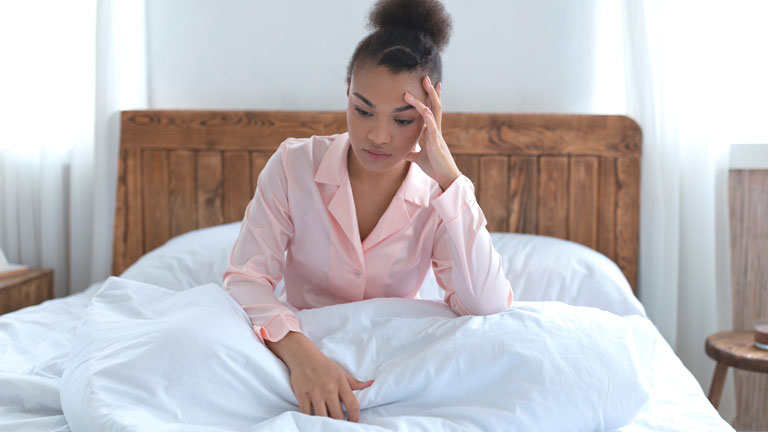
You sometimes have trouble falling asleep because of stress, a demanding schedule, or other external factors. Isn’t it of no consequence? However, if these problems persist and keep getting in the way of your everyday activities, they can be signs of a sleep disorder.
The following are some signs of a sleep disorder:
- Experiencing trouble falling asleep
- Daytime fatigue
- There is a considerable need for daytime naps. Nervousness or irritation
- Concentration loss is a hallmark of depression.
Sleep problems include insomnia, sleep apnea, narcolepsy, and sleepwalking. Some make it difficult to go to sleep and stay asleep at night. Others struggle to get back to sleep following their nocturnal awakenings. Your energy, emotions, attention span, and general health are all seriously impacted by sleep deprivation, which also leaves you and any family members you may be caring for weary. But you’re not alone yourself. Between the ages of 20 and 59, more than 75% of Americans regularly report difficulties sleeping.
Treatment options for sleep disorders: what works best?
The following medical remedies could be suggested by your doctor, depending on the kind of your sleep disturbance:
- Sleep aids, sleep tincture, and melatonin supplements may all be used to help you fall asleep.
- Treatment for allergies and colds
- prescription drugs for underlying medical conditions
- breathing apparatus or surgical procedure (usually for sleep apnea)
- a mouthpiece (usually for teeth grinding)
Altering your lifestyle may also enhance the quality of your sleep, particularly when accompanied by medical care. Think about the following:
- Your health may be improved by eating more veggies and seafood and reducing your sugar consumption.
- Tension and anxiety may be reduced through physical activity.
- It is establishing and maintaining a regular sleeping routine.
- consuming less water before bed, less coffee, particularly in the late afternoon or evening, and cutting down on alcohol and smokes
- Before bed, eat smaller, lower-carbohydrate meals.
- After twenty minutes, if you still can’t sleep, find something relaxing to do and then go back to bed when you’re worn out.
- Spend 30 minutes before bedtime in a calm activity, such as a warm bath, relaxing music, or reading.
See a doctor if regularly implementing these suggestions does not improve your sleep disorder. You must be sure that no severe medical ailment is to blame for your sleep issues. To be sure that your drugs are not the source of your sleep issues, you should also check them. Last but not least, secure sleeping pills that a physician may give and utilise as instructed.




